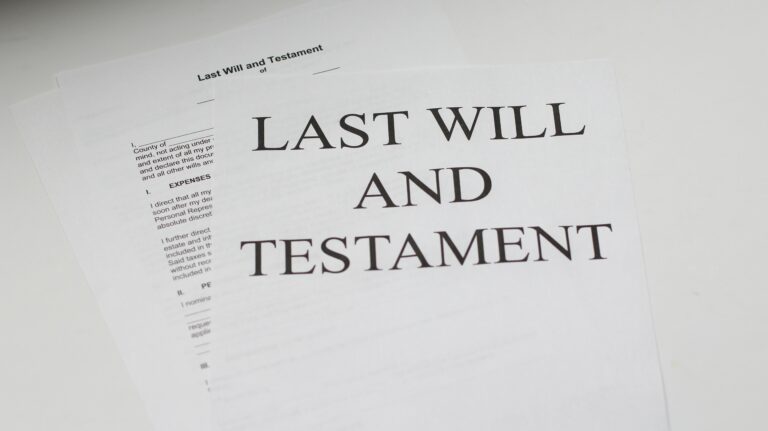
High Interest Rates Have an Impact on Estate Planning
The Section 7520 rate has been low for the past 15 years and presented many opportunities for good planning. What happens when inflation has returned and rates are moving up, asks a recent article titled “Estate Planning Techniques in a High—Interest—Rate Environment” from Bloomberg Tax.
The Section 7520 rate is the interest rate for a particular month as determined by the IRS. It is 120 percent of the applicable federal midterm rate (compounded annually) for the month in which the valuation date falls and rounded to the nearest two-tenths of a percent. It is used for actuarial planning, to discount the value of annuities, life estates and remainders to present value, and is revised monthly.
In January 2022, the 7520 rate was at 1.6%, but as interest rates increased, it shot up and in December 2022 was 5.2%. This was a 225% increase—unprecedented in the history of the 7520 rate. However, there are four key planning concepts which may make 2023 a little brighter for estate planning attorneys and their clients.
Higher inflation equals higher exemptions. Certain inflation adjusted exemptions and exclusions increased on January 1, 2023. The federal transfer tax exemption rose by $860,000 to $12.92 million, and the annual gift tax exclusion increased to $17,000 from $16,000 in 2022.
These increases give wealthy families the opportunity to make generous new gifts to family members without triggering any transfer taxes. Those who have fully used transfer tax exemptions may wish to consider making additional transfers.
Shift charitable giving to CRTs for higher interest rates. People who might have started Charitable Lead Trusts should instead look at Charitable Remainder Trusts. With both CLTs and CRTs, the value of the income and remainder interests are calculated using the 7520 rate. The key difference, for estate planning purposes, is the impact of a rising rate on the amount of the available charitable deduction.
The return of the QPRT. Qualified Personal Residence Trusts have been hibernating for years because of low interest rates. However, the time has come to return them to use for wealth transfer. A QPRT lets a person transfer a residence at a discounted value, while retaining the right to occupy the residence for a number of years. The 7520 rate is used to determine the value of the owner’s retained interest. The higher the rate, the more value retained by the owner and the smaller the amount of the taxable gift to the remainder beneficiaries, usually the owner’s children.
GRATs still have value. A Grantor Remainder Trust should still be considered in estate planning. A GRAT is more appealing in a low interest environment. However, a GRAT can still be useful when rates are rising. The success or failure of the GRAT usually depends on whether the assets transferred to the GRAT appreciate in value at a rate exceeding the 7520 rate, since the excess appreciation is transferred to the remainder beneficiaries gift tax-free. A GRAT can also be structured as a zeroed-out GRAT. This means that the transfer of assets to the GRAT doesn’t use any of the grantor’s transfer tax exemption or result in any gift tax due. This is still of value to a person who owns assets with significant growth potential, like securities likely to rebound quickly from depressed 2022 values.
Reference: Bloomberg Tax (Dec. 23, 2022) “Estate Planning Techniques in a High—Interest—Rate Environment”









